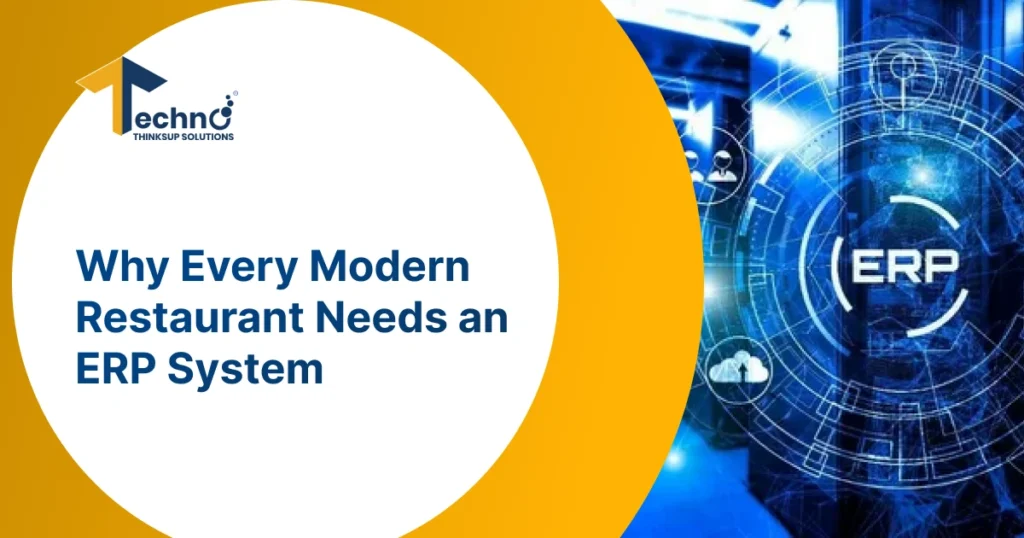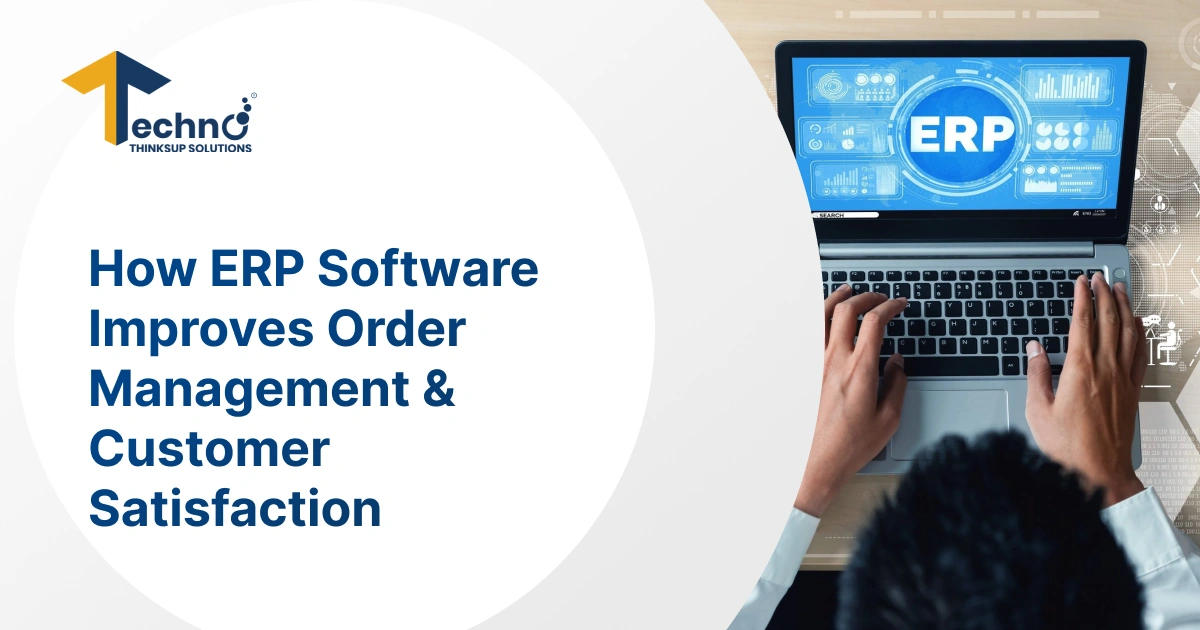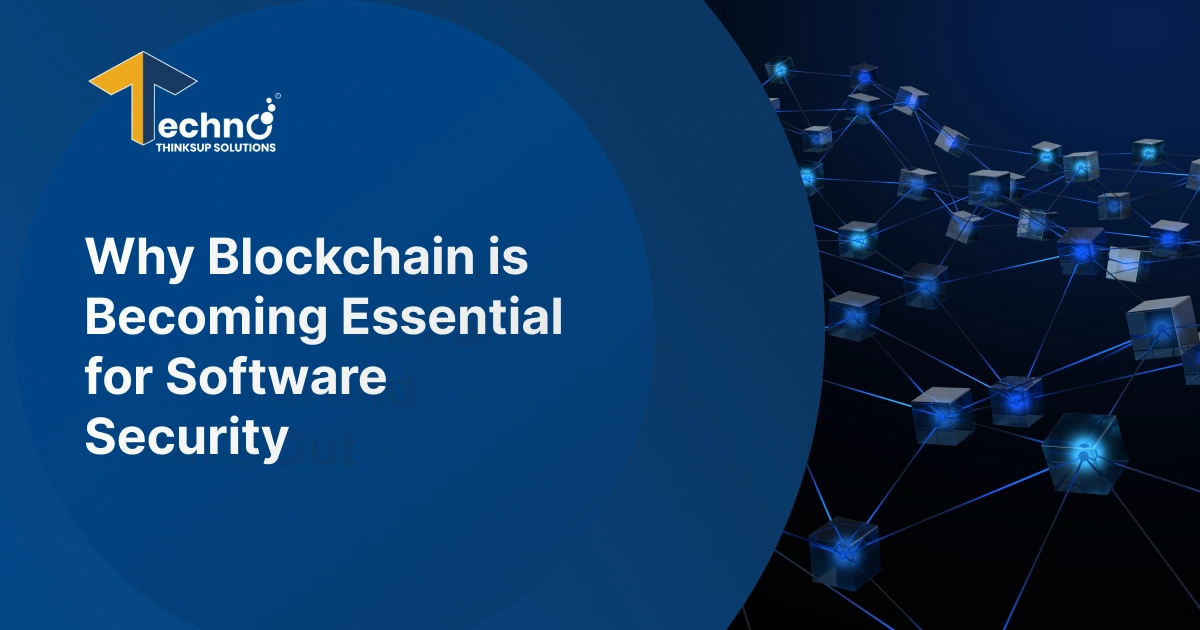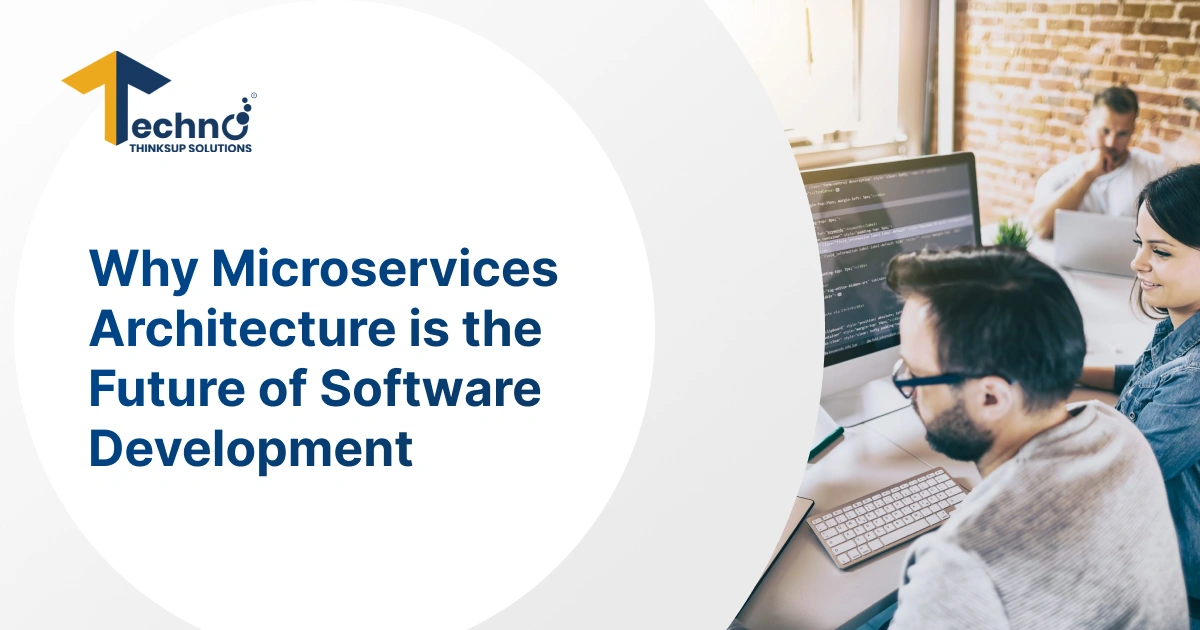
In today’s fast-paced restaurant industry, efficiency and accuracy are crucial for success. With increasing customer expectations, rising operational costs, and the need for seamless service, restaurant owners must embrace technology to stay ahead. One of the most effective tools that can revolutionize restaurant management is an ERP (Enterprise Resource Planning) system.
Take the First Step Today
Schedule Your Consultation and Unlock Growth Opportunities !
What is an ERP System for Restaurants?
An ERP system is a centralized software solution that integrates all key restaurant functions, such as inventory management, sales tracking, human resources, customer relationship management (CRM), and finance. It streamlines operations, reduces manual errors, and enhances overall efficiency.
Benefits of Implementing an ERP System in Restaurants
1. Streamlined Inventory Management
Managing inventory manually can lead to wastage, stock shortages, or overstocking. A restaurant ERP system provides real-time tracking of ingredients, auto-replenishment alerts, and analytics to optimize purchasing decisions. This ensures you always have the right ingredients at the right time.
2. Enhanced Order & Billing Management
An ERP system simplifies order processing and billing by integrating with POS (Point of Sale) systems. It ensures fast and accurate order-taking, automated bill generation, and seamless payment processing. This enhances the customer experience and reduces billing errors.
3. Efficient Staff Management
Restaurants often face challenges in scheduling shifts, tracking attendance, and managing payroll. An ERP system automates staff scheduling, ensures compliance with labor laws, and streamlines payroll calculations, leading to better workforce management.
4. Cost Control & Financial Management
With real-time expense tracking, financial reporting, and analytics, an ERP system helps restaurant owners monitor revenue, reduce unnecessary costs, and maximize profitability. It provides insights into sales trends and expenditure patterns, making financial planning more effective.
5. Improved Customer Relationship Management (CRM)
A restaurant ERP system collects and analyzes customer data, allowing personalized marketing strategies, loyalty programs, and customer feedback management. This improves customer engagement and boosts repeat business.
6. Seamless Multi-Branch Operations
For restaurant chains or franchises, an ERP system enables centralized control over multiple locations. It ensures consistent quality, unified reporting, and better coordination between branches.
7. Regulatory Compliance & Data Security
An ERP system ensures compliance with tax regulations, food safety standards, and labor laws. It also provides secure data storage and access control, protecting sensitive business and customer information.
Conclusion
In the digital era, an ERP system is no longer a luxury but a necessity for modern restaurants. It enhances operational efficiency, reduces costs, improves customer satisfaction, and ensures scalability. Whether you run a small café or a multi-chain restaurant, investing in an ERP solution will empower your business to thrive in a competitive market.
Begin Your Digital Transformation
Minimize risks and establish a strong foundation for your ambitious projects.
Subscribe
Subscribe for updates, exclusive offers, and expert insights straight to your inbox !




































